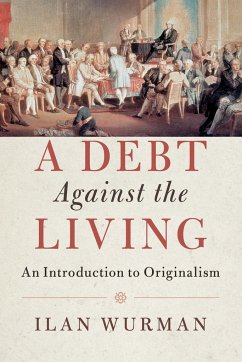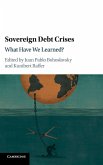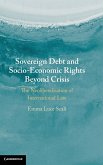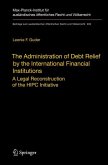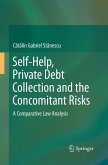Thomas Jefferson famously wrote that the earth belongs to the living. His letter to James Madison is often quoted for the proposition that we should not be bound to the 'dead hand of the past', suggesting that the Constitution should instead be interpreted as a living, breathing document. Less well-known is Madison's response, in which he said the improvements made by the dead - including the US Constitution - form a debt against the living, who benefit from them. In this illuminating book, Ilan Wurman introduces Madison's concept of originalism to a new generation and shows how it has shaped the US Supreme Court in ways that are expected to continue following the death of Justice Antonin Scalia, one of the theory's leading proponents. It should be read by anyone seeking a better understanding of originalism and its ongoing influence on the constitutional jurisprudence of the Supreme Court.
Hinweis: Dieser Artikel kann nur an eine deutsche Lieferadresse ausgeliefert werden.
Hinweis: Dieser Artikel kann nur an eine deutsche Lieferadresse ausgeliefert werden.
'Ilan Wurman's fine book explores a classic question about constitutions, especially written constitutions, and most especially ours: Why should people in later generations feel bound by rules put in place by people in earlier generations? Wurman has provided a careful, detailed, and properly nuanced argument for James Madison's suggestion that the constitutional order gives rise to a kind of 'debt' that the living have to the dead - an argument that illuminates many current questions in constitutional law.' Robert P. George, McCormick Professor of Jurisprudence and Director of the James Madison Program in American Ideals and Institutions, Princeton University, New Jersey

